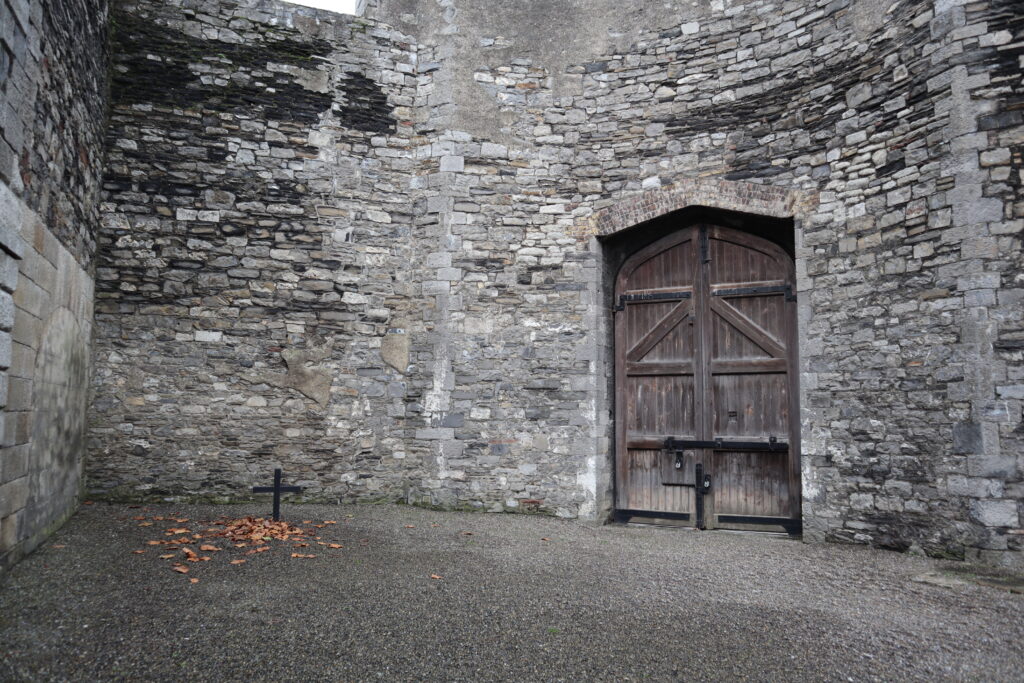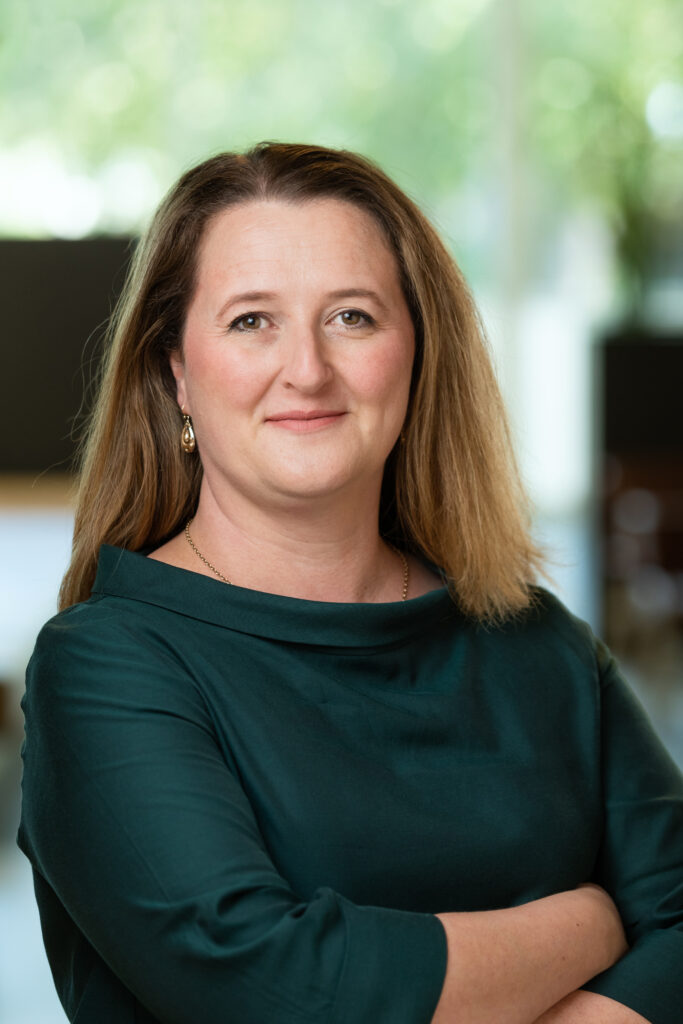
About

Katherine completed an honours degree in law solely to learn about criminal law. She also has an honours degree in psychology, which involved completing a thesis that explored the prediction of violent recidivism by surveying people in prison. She planned to be a criminal profiler, but her hopes were dashed when she met the only FBI-trained profiler in Australia who dissuaded her. While working as an Intelligence Analyst at South Australia Police (SAPOL), she developed a passion for victims’ rights. She began a Research Masters in Laws, exploring police responses to women who had been raped.
Katherine has held lead policy and project roles in the SA Attorney-General’s Department, forensic mental health, SAPOL (State Intelligence Branch, Major Crime Investigation Branch and Special Crimes Investigation Branch), Child Protection, Department for Correctional Services, Equal Opportunity Commission and SA Parliament. She was the Sexual Assault Research Analyst at the Australian Institute of Criminology in Canberra and the Projects and Research Manager for the Foundation for Alcohol Research and Education (FARE), where she managed large research projects. She was also a Board member and then Quality and Research Manager for Victim Support Service. She is particularly interested in policy, practice and research translation relating to violence against women and children, youth justice and corrections, therapeutic jurisprudence and trauma-informed criminal justice practices.
Katherine briefly entertained the idea of becoming a lawyer. She completed her graduate diploma in legal practice in 2010 and was admitted as a barrister and solicitor of the Supreme Court of South Australia. In 2015, she was appointed by the Minister for Correctional Services as the victim representative on the Parole Board of South Australia and was re-appointed in 2018 and 2021.
In 2017, Katherine worked with UniSA staff from the Law School, Teaching Innovation Unit and UniSA Online to establish UniSA’s first Bachelor of Criminal Justice. To develop the UniSA Online Program, she drew from her extensive practice experience and knowledge, as well as new skills such as acting natural in front of the camera and watching herself onscreen without cringing. She was awarded the Australian and New Zealand Society of Criminology (ANZSOC) Excellence in Teaching award in 2019 with collaborators Rebecca Medhurst, Tracey Johnson and Ruth Fazakerley for this work.
Katherine created the UniSA Online UO Youth Justice course with the Australian Centre for Child Protection (ACCP). This led to a further role with the Centre, developing professional certificates for professionals working with children and young people who have experienced abuse-related trauma. In 2021, Katherine and her colleagues from ACCP and the UniSA Teaching Innovation Unit won the 2020 Justice and Society Innovator Award for developing short courses. She is employed at Flinders University as the Teaching Program Director of Criminology and a Senior Lecturer.
Katherine was a 2018-2021 RTPd PhD Scholarship recipient and completed her PhD in 2022. Her PhD research topic was influenced by her experiences as a Parole Board member. Having interviewed many chronic offenders who have trauma histories, she examined current trauma-informed sentencing practices. As primarily a qualitative researcher who has also been trained in the dark arts of quantitative research methods, her thesis is unusual (in law) in that she uses both qualitative and quantitative analysis to critique current legal practices.
In 2022, her photo of Kilmainham Gaol, Dublin (above), won the UniSA Justice and Society Photography Competition Members’ Choice Prize. The photo was taken in December 2019, just before COVID-19 restricted international travel. The cross marks a place of execution. Kilmainham Gaol, like many prisons, is a heavy reminder of government injustices of the past, the impacts of which continue to be felt by people today. Kilmainham was built some 50 years before Yatala Labour Prison in South Australia, but both bluestone structures have the same oppressive, brutal atmosphere.
In 2022, she established the Magnolia Project with Professor Andy Day, which aims to use a trauma- and evidence-informed approach to support children whose parents are involved in the criminal justice system.
In 2024, Katherine was awarded a Senior Fellowship by Advance HE. Fellowship demonstrates a personal and institutional commitment to professionalism in learning and teaching in higher education.